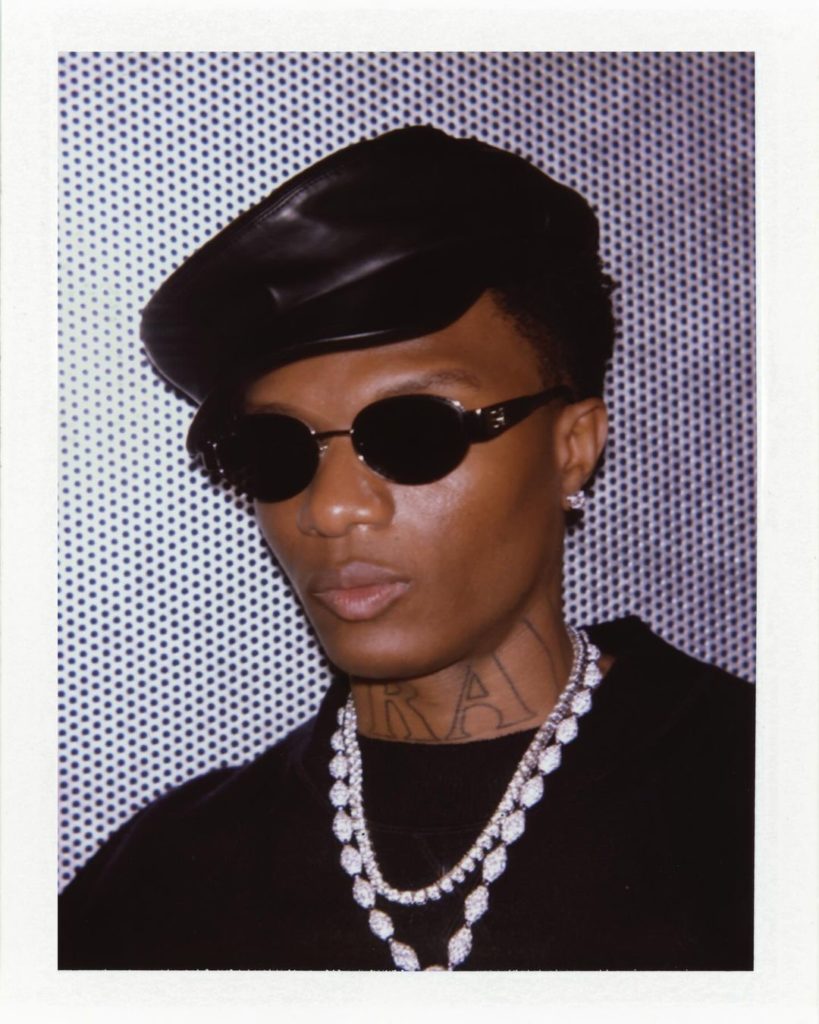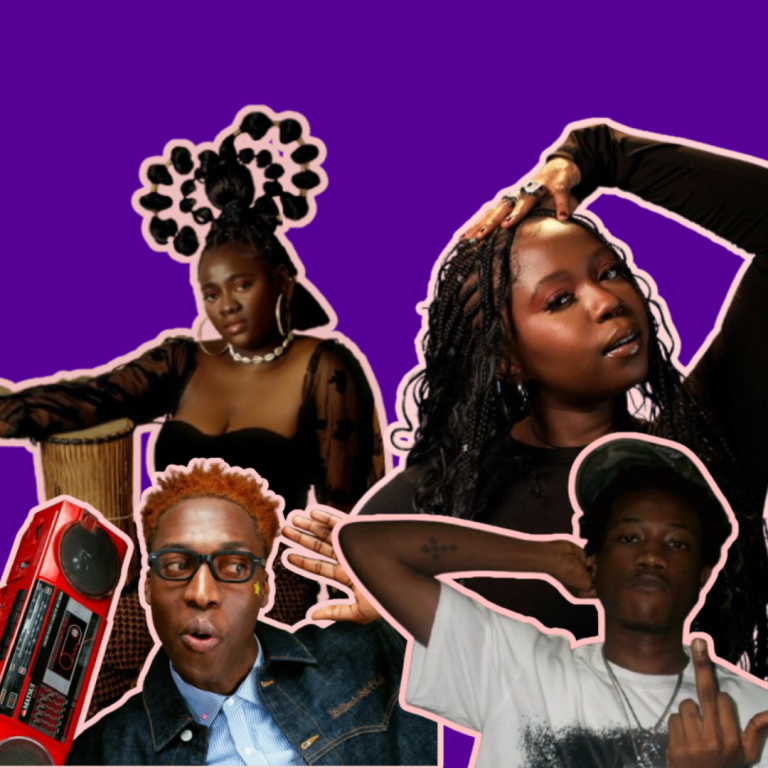
The Nigerian entertainment industry luminaries who attended Wizkid’s mother’s burial in October 2023 reinforced a reality obvious to even the most casual observers: He’s what he called himself on his 2011 debut album, “a superstar.”
After enticing the audience with the genre-bending EP S2 last December, the 34-year-old singer promised to immortalise his mother with a follow-up album, Morayo, his mother’s name, which means “I found joy.”
A year later, Wizkid delivered his sixth studio album, which has 16 tracks. P2J produced fourteen tracks, and P.Priime and DAMEDAME* produced the other two. Wasiu K1 Ayinde’s performance at Wiz’s mum’s burial kicks off the album on the track “Troubled Mind.” It vibrates with gangan and djembe.
For those who aren’t in tune with Yoruba culture, the album might come off as less of an introspection on his mother’s life and the bond that they shared and more of his usual commentary on lust and life in the fast lane. But among Yorubas, death is a time for huge celebration if the deceased was elderly. This is his current state of mind: the existential crisis of how he can make merry in the face of deferred mourning.

Morayo is upbeat, party-ready, less experimental and influenced by 2010 Afrobeat sounds. “Karamo” and “Kese” celebrate the rich spenders, igbeaux smokers and the gorgeous women who can twist and turn. They’re turn-up, feel-good jams, filled with the familiar hallmarks of Afrobeats music—percussion, up-tempo melodies and surface lyricism—that disagree with Wizkid’s infamous statement that he isn’t an Afrobeats artist last year.
In these songs, Wizkid leans into the escapist ethos of Afrobeats. Afrobeats as a genre is a distraction that eases the troubled mind. Whether you’ve lost a loved one or lost your job, with Afrobeats, you must retire to your lounge, set eyes on a love interest, smoke something and dance.
The album continues with “Bad Girl,” featuring Asake. In this their second collaboration, the duo shouts out Monaco and Caribbean babes. The song, sounding more like an Asake record, shows that they share a chemistry that burns beyond their shared love for cannabis.
Morayo gets laid-back and breezy in “Time,” as Wizkid continues his romantic yearning with assistance from Alté music savants Tay Iwar and AYLØ. Their collaborative effort strengthens Wizkid’s branch into the alternative music scene. He still holds tight to his obsession for his lover, the music crossbreeds R&B on “Pieces of My Heart” featuring Brent Faiyaz and dancehall on “Break Me Down.”
“Bend” calls for dancing; throw your hands in the air, feel good. “A Million Blessings” plays next and adjusts the pace. It’s not too fast to make your dance rump up dust, and it’s not too slow either. The themes and talking points of the songs hardly shift from loving up, taking the lead, flying out baddies, cloud nine trips, staying young, fresh, and living like a superstar.
France’s Tiakola makes an impressive guest appearance in “Après Minuit”—not Wiz’s first rodeo with French artists. Remember MHD’s “Bella”? Wiz’s continuous exploration into American R&B manifests in “Bad For You” with Jazmine Sullivan.
“Soji” and “Slow” featuring Anaïs Cardot further express love and bedroom rompers.
Late into the album, “Don’t Care” provides a pompous and confident Wizkid—he proudly looks back at his longevity. He’s reminded again that his spot isn’t really up for taking. He’s carefree.
He’s introspective on “Lose” and “Pray.” The closing track particularly pours a relief on the troubled mind that opens this album. He finds succour in his music, his vices and his faith. He also has the assurance that his late mum prays for him from above—nothing screams, “She remembers me,” than this.

If we take out the grief and memorial factor of the album, the end result is a close perfection of his recent projects: SoundMan Vol. 1, Made in Lagos, and More Love Less Ego. Morayo gleams with joy. There are romantic yearnings and sexual innuendos here and there. There are more sweet hooks and lyrics rooted in marijuana smoke, hustle and ballers yarns, smug brags, and experimental Afrobeats production. Though the music gets monotonous, it isn’t complicated.
He didn’t need to mention his mother or make the song titles morose, but there are hints of intense sadness and his voice baked with grief. Wizkid focuses on his job, leaves almost no chances for vulnerability for the audience—his ego and masculinity won’t let him. He tries not to trip while he continues to step in the shoes of a man who wears his heart on his sleeve. Invoking Morayo, Wizkid celebrates the dead, offers an update on the life of an Afrobeats superstar, as he searches for his next guidance after his matriarch’s demise.




